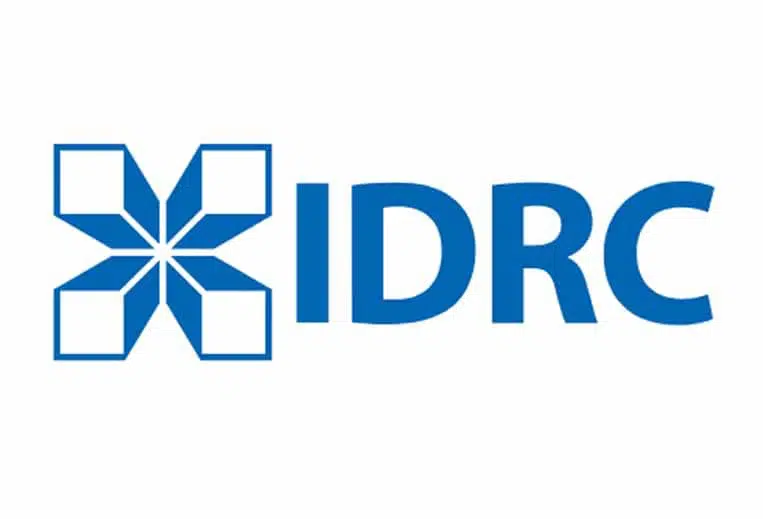Projects

Role of autophagy in mediating cardioprotective effects of adiponectin against pressure overload.
This project is based on our longstanding interest in cardioprotective effects of adiponectin and the mechanisms via which adiponectin acts. Here we investigate the functional significance of our recent novel discovery that adiponectin stimulates autophagy. The main hypothesis for this project is that adiponectin-stimulated autophagy in the heart is an important mechanism underlying cardioprotective effects. To definitively test this, we have generated autophagy-deficient models and will use these to examine which of adiponectin’s beneficial effects are mediated via autophagy.

Interaction of iron overload and the iron binding pro-inflammatory cytokine lipocalin-2 in heart failure.
Clinical studies show a strong association between lipocalin-2 (Lcn2) levels and heart failure while we and others have shown that Lcn2 protects from stress-induced cardiac dysfunction. New knowledge delineating the mechanistic basis for these observations is needed. As an important part of the innate immune response, Lcn2 is induced by cardiac ischemia/reperfusion and we believe is a potent inducer of sterile inflammation, including NLRP3 inflammasome activation. Lcn2 binds to siderophore-iron and the complex can endocytose via two cell surface receptors. Our published work has shown both siderophore and iron mediate direct cellular effects in cardiomyocytes, including insulin resistance, mitochondrial dysfunction and ROS production. Thus, attenuating production of Lcn2 can be expected to be therapeutically advantageous, yet has never been tested before. Here we will do so using antibody-mediated neutralization. Our project will thus add insight on mechanisms of Lcn2 action, determine the functional significance of Lcn2 action in the heart and examine therapeutic potential of targeting Lcn2.

Mechanisms of adiponectin-mediated cardioprotection against ischemia and reperfusion
There has been great pharma industry interest in therapeutic approaches to target adiponectin actions. Translational studies proposed here include the use of a small peptide adiponectin receptor agonist to achieve cardioprotection. In addition to measuring cardiac function we study changes in myocardial metabolism, ferroptosis, mitochondrial dysfunction and inflammation.

Examining effects and mechanisms of action of iron overload in cardiometabolic disease
The association of iron overload with the metabolic syndrome (MetS) and its complications is recognized, yet mechanisms leading to metabolic dysfunction are not fully understood. Despite this, translational research between those studying iron homeostasis and metabolic disease is lacking. This project is designed to examine the hypothesis that iron-mediated gut dysbiosis has a consequent impact on peripheral metabolism. Secondly, we will also assess direct effects of iron excess on metabolic tissues.

Control of endothelial permeability and hormone flux by iron overload
Mammals must respond correctly to a wide spectrum of environmental cues and in this research we will focus on nutritional influences, in particular that of iron. This ia a trace element essential for life, a constituent of many dietary supplements, and yet also known to be toxic at high doses. We will examine how iron alters the ability of hormones to move from the bloodstream, across the blood vessel wall, and into the region where it can elicit biological effects.

Preclinical studies with ALY688






